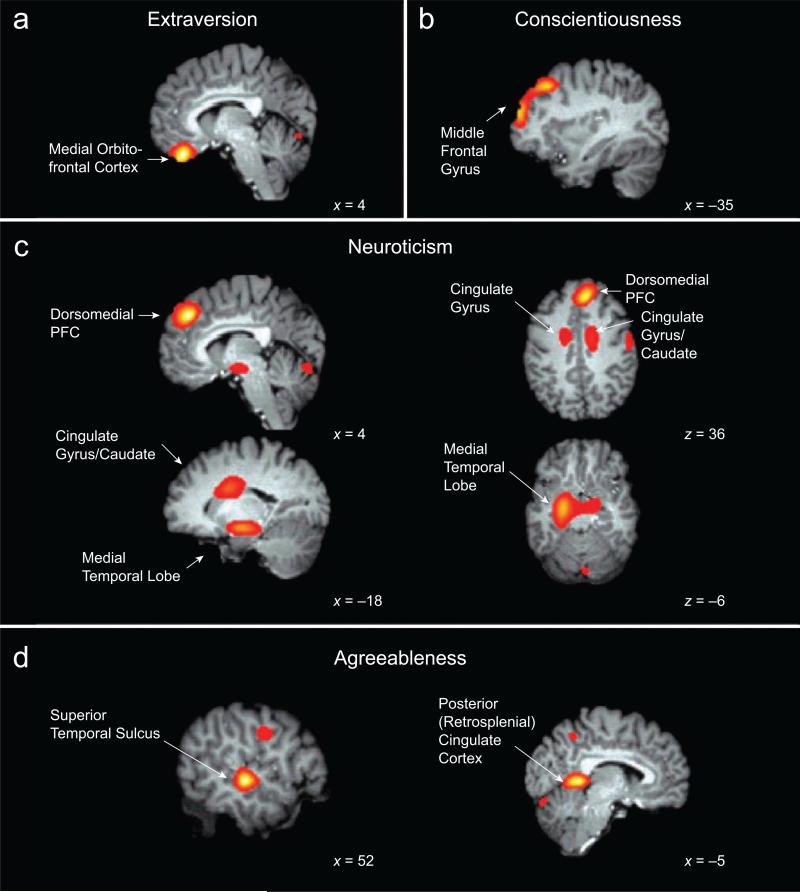Snuggletron
Reptilian
- Joined
- Sep 25, 2009
- Messages
- 2,224
- MBTI Type
- INFP
- Enneagram
- 10
I blame the few wasted teenage years with my brain on LSD, coke, meth, weed, shrooms. Doors of Perception, yo. Or perhaps being a well traveled and well rounded military brat growing up. Gives the illusion of intuition. Or maybe it's that I'm a Fi/Ne type with a dad who was desperate to make me play sports and who insisted I not come home unless I beat the shit out of neighborhood bullies.
Seriously, I really don't know why I can see myself in different types. Or why some others can't. MBTI is a little confining. That's all I can say.
maybe you're insane and can't be typed. Sir, may I assist you in recovering all of your malfunctioning brain pieces?
Sir, are you implying that I am a scoundrel?? Why, if you continue spreading your poxing ideas upon this fair land then I shall turn you in to the City Watch!
I think I just copied your "sir" sentence structure to reply to Kdude. Does this mean we are both scoundrels? Sir? Sir??
Ancient weapons and hokey religions are no match for a good blaster at your side.


